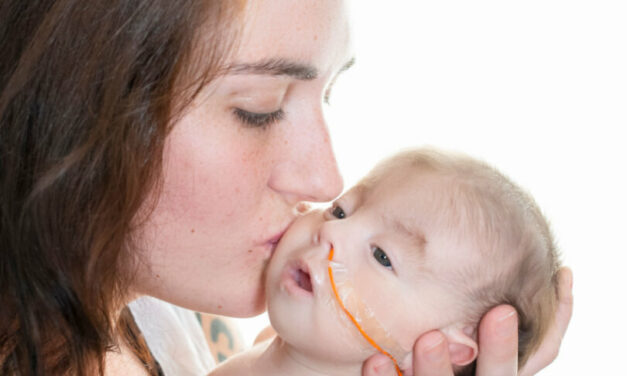Walgreens won’t send abortion pill to Kansas, while AG sends similar warning to CVS
“[T]he law is straightforward… it is illegal to knowingly mail any ‘article or thing designed, adapted, or intended for producing abortion’; it is also illegal to mail any ‘article, instrument, substance, drug, medicine, or thing which is advertised or described in a manner calculated to lead another to use or apply it for producing abortion,” wrote Kobach.
Read More




